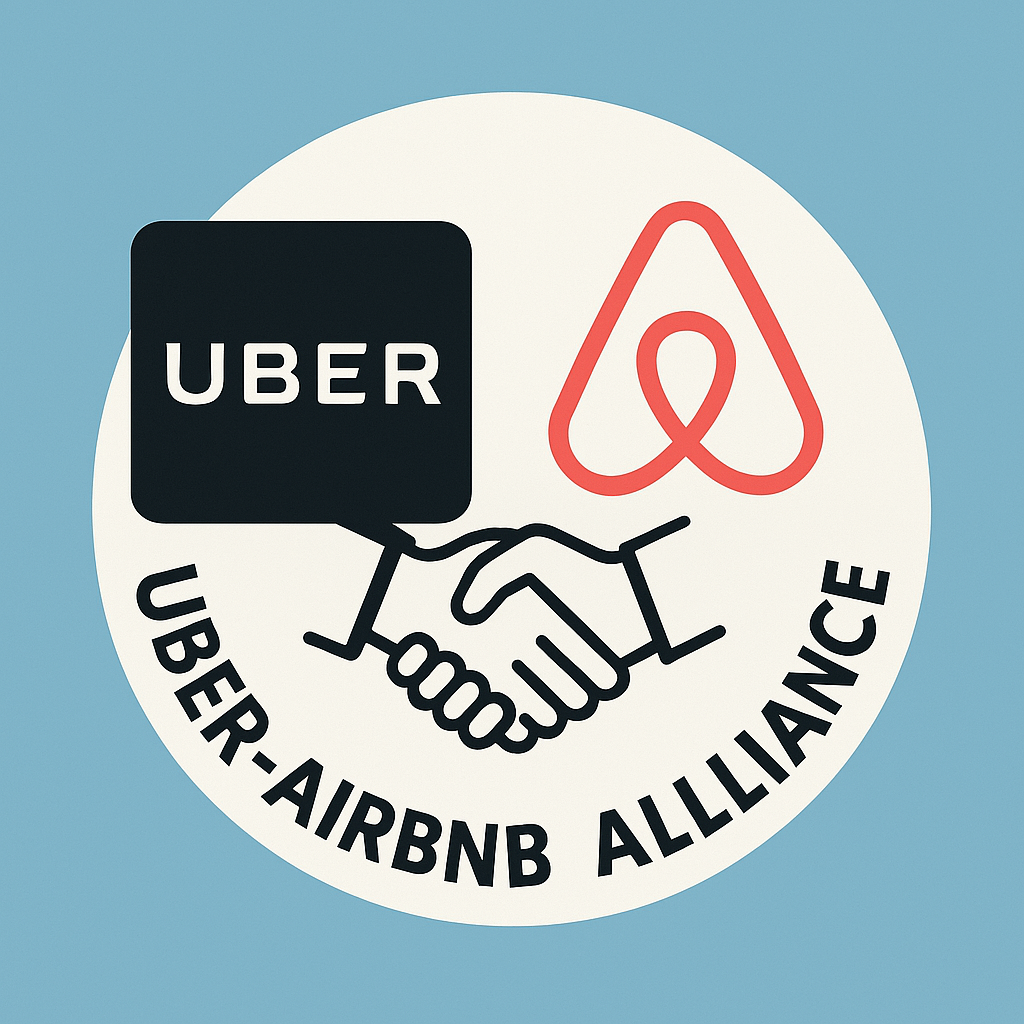Logistics & Transportation
Transport Operators In Jamaica Say They Are Ready To Embrace BOJ Central Bank Digital Currency Jam-Dex

Businessuite News24
Jamaica Market Entry via Acquisition: Uber Eats’ Potential Playbook
“An Uber Eats acquisition would be a seismic shift for Jamaica’s food delivery market—creating opportunities for founders and consumers, but risking local economic leakage, higher merchant fees, and reduced entrepreneurial diversity.”
Business Insights
Jamaica, Is Uber Eats Coming Soon?
Local platforms aren’t just incumbents—they’re innovators with diversified offerings, profitability, and brand loyalty. If they move fast—improving UX, expanding services, and forging local partnerships—they can front run Uber Eats, closing the window on foreign intrusion.
Businessuite News24
Businessuite Special Report P4 | Homegrown Disruption: InterMetroONE & Walkbout.com Position Jamaica’s Answer to Uber–Airbnb
Now is the time for SMEs, associations, and government to align—ensuring that if Uber and Airbnb ever arrive together, Jamaica’s own ecosystem remains vibrant and in control.
Businessuite News24
Businessuite Special Report P3 | Uber x Airbnb: A Strategic Alliance That Could Redefine Jamaica’s Travel Industry – But At What Cost?
The future of Jamaican tourism lies in its ability to integrate into global digital ecosystems without sacrificing local livelihoods. The time for public–private dialogue is now.
Businessuite News24
Businessuite Special Report P2 | Disruption in Jamaica: Uber & Airbnb Business Models
-

 Businessuite Women2 weeks ago
Businessuite Women2 weeks agoData Mavericks of the Caribbean: Raquel Seville & Dataffluent’s Visionary Rise
-

 Businessuite News244 weeks ago
Businessuite News244 weeks agoIndia’s 10-Minute Delivery Boom: A Blueprint for Disruption—and a Wake-Up Call for Caribbean Courier Companies
-

 Businessuite News24 International4 weeks ago
Businessuite News24 International4 weeks agoIndia’s 10-Minute Delivery Boom: Reshaping Retail, Logistics, and Urban Spaces
-

 Businessuite News243 weeks ago
Businessuite News243 weeks agoBusinessuite Special Report P4 | Homegrown Disruption: InterMetroONE & Walkbout.com Position Jamaica’s Answer to Uber–Airbnb
-

 Corporate Feature4 weeks ago
Corporate Feature4 weeks agoNot Just Vanity Metrics: A Digital Leader Focused on What Matters
-

 Businessuite News245 days ago
Businessuite News245 days agoJamaica Records US$2.4B in Earnings From 2.3 Million Visitor Arrivals Since Start of 2025
-

 Business Insights2 weeks ago
Business Insights2 weeks agoBusinessuite Cover Story: Too Much Power? Governance Risks Rise as Tyrone Wilson Consolidates Leadership at Kintyre and Visual Vibe
-

 Businessuite Markets3 weeks ago
Businessuite Markets3 weeks agoEduFocal Faces Equity Deficit of $135M Amid $314M in Accumulated Losses


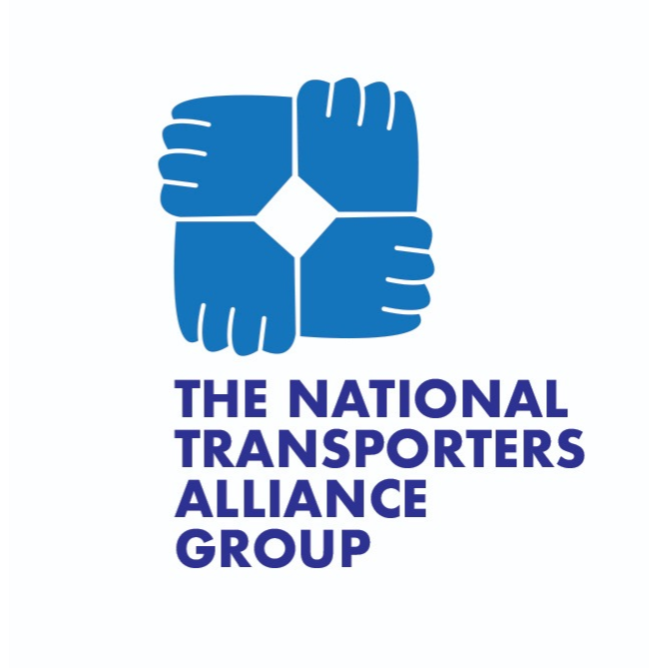 Aldo Antonio, co-founder and acting executive chairman of the National Transporters Alliance Group (NTAG), said he has been lobbying amongst transport owners to embrace Jam-Dex as a means of improving the efficiency of their operation and to reduce costs and security risks.
Aldo Antonio, co-founder and acting executive chairman of the National Transporters Alliance Group (NTAG), said he has been lobbying amongst transport owners to embrace Jam-Dex as a means of improving the efficiency of their operation and to reduce costs and security risks.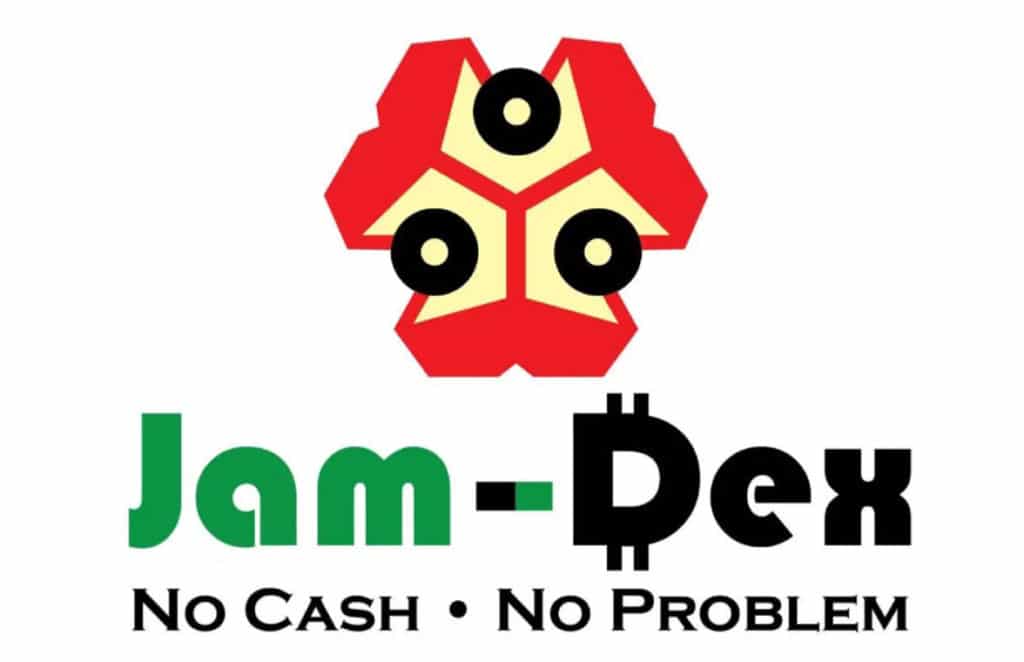 Aldo Antonio, acting executive chairman of the National Transporters Alliance Group, is pushing to have his fellow bus and taxi owners and operators embrace Jam-Dex as a means of payment for rides.
Aldo Antonio, acting executive chairman of the National Transporters Alliance Group, is pushing to have his fellow bus and taxi owners and operators embrace Jam-Dex as a means of payment for rides. BOJ Governor Richard Byles last Monday expressed disappointment with the roll-out of the digital currency to date, saying he expected it to be more widespread at this stage that it is. Byles said deposit-taking institutions say it cost upwards of US$500,000 to develop the digital wallets to use Jam-Dex, suggesting that the cost has slowed progress in getting the digital currency out in the hands of consumers.
BOJ Governor Richard Byles last Monday expressed disappointment with the roll-out of the digital currency to date, saying he expected it to be more widespread at this stage that it is. Byles said deposit-taking institutions say it cost upwards of US$500,000 to develop the digital wallets to use Jam-Dex, suggesting that the cost has slowed progress in getting the digital currency out in the hands of consumers.








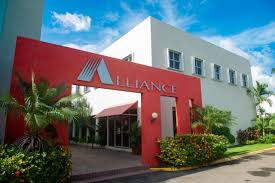


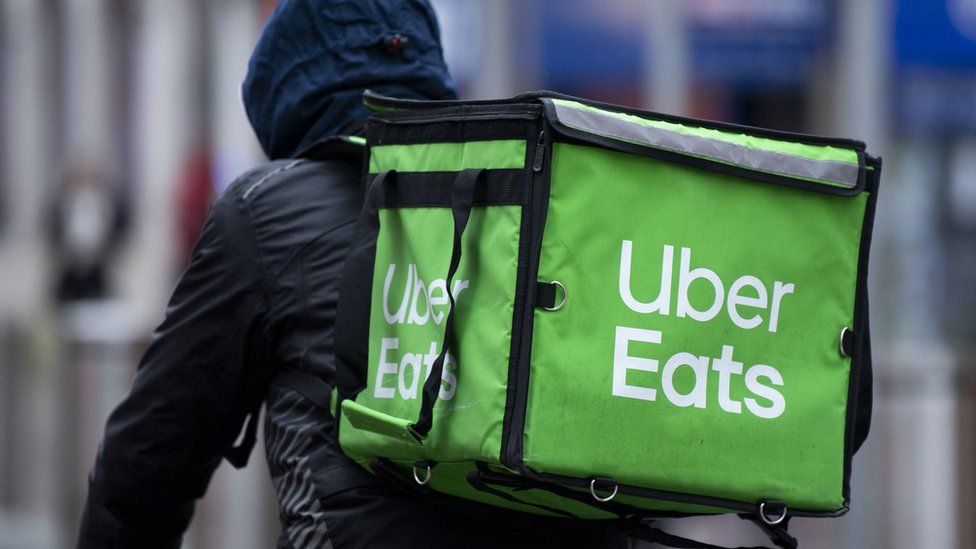



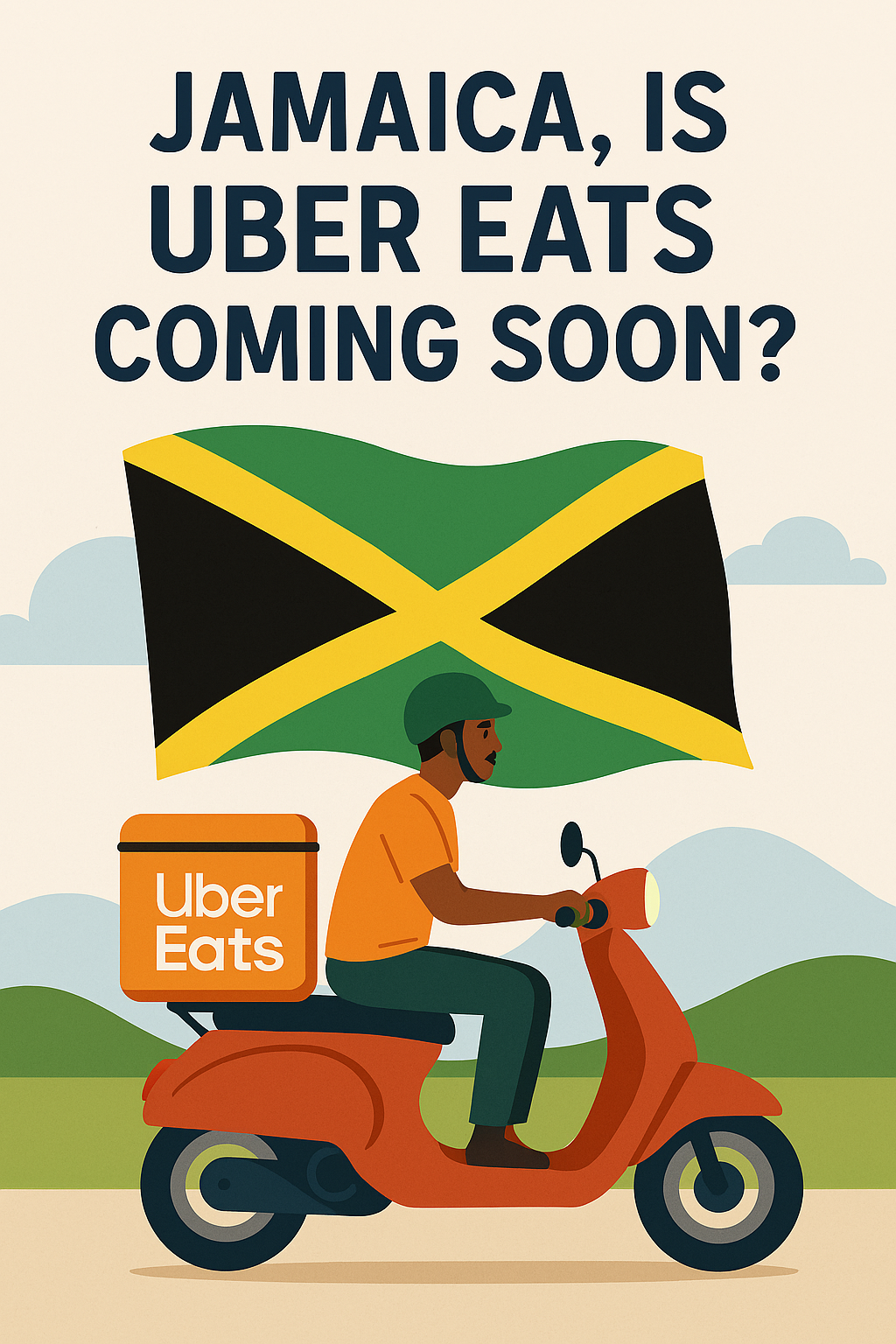 1. Deep Local Insight
1. Deep Local Insight
